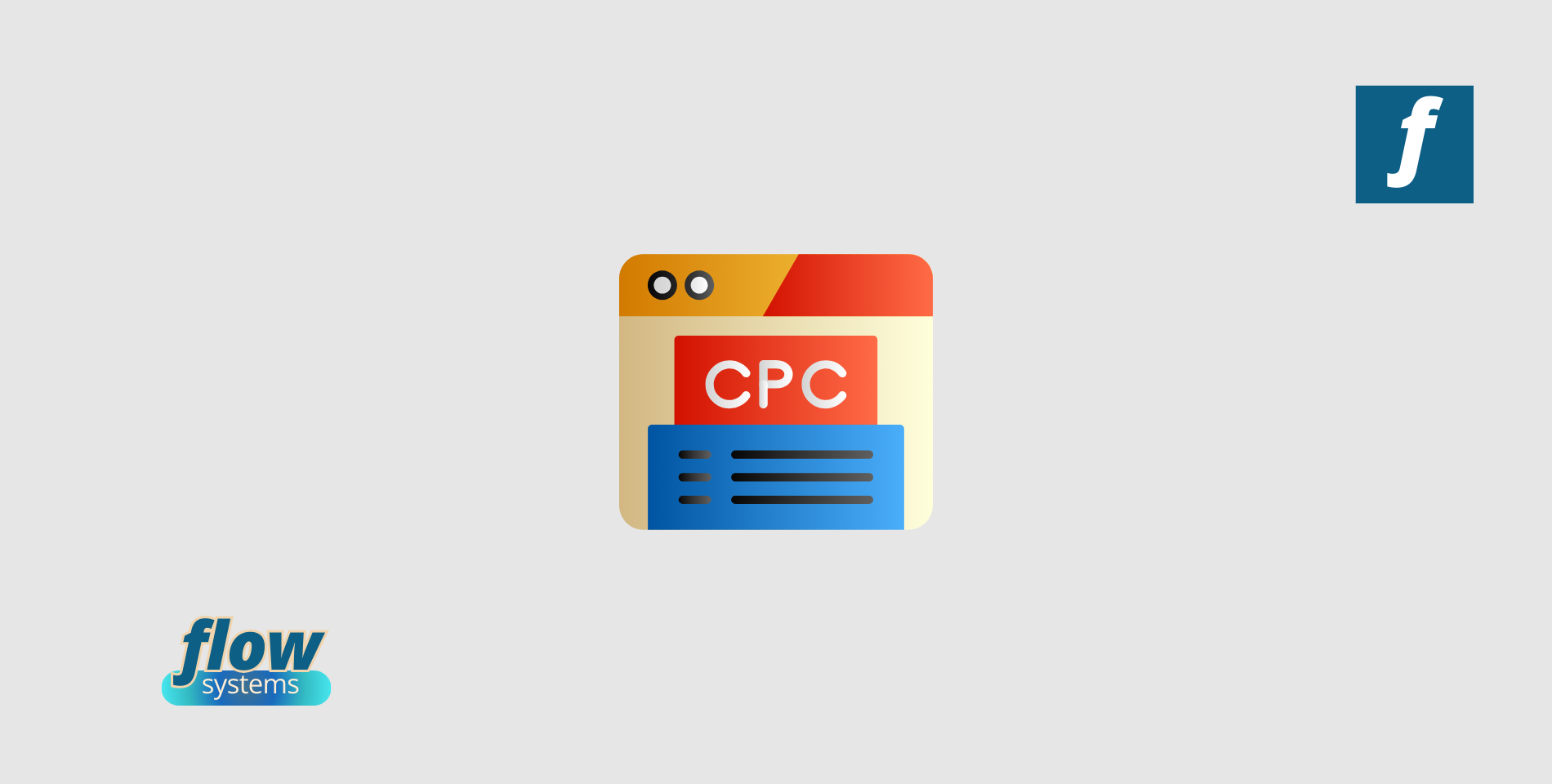In the world of digital marketing, understanding key metrics is essential for success. One such metric that plays a crucial role in online advertising is Cost Per Click (CPC). CPC measures the cost of each click generated by an advertisement. In this blog post, we will delve into the intricacies of CPC, how it is calculated, and why it is important for businesses looking to maximize their ROI in online advertising.
What is CPC?
CPC, also known as Cost Per Click, is a metric used in online advertising to measure the cost of each click a user makes on an advertisement. It is a crucial metric for businesses and advertisers as it directly impacts the overall cost and effectiveness of their advertising campaigns. CPC is commonly used in Pay-Per-Click (PPC) advertising, where advertisers pay a fee each time their ad is clicked.
How is CPC Calculated?
CPC is calculated by dividing the total cost of an advertising campaign by the total number of clicks generated by that campaign. The formula for calculating CPC is:
CPC = Total Cost ÷ Total Clicks
Example Calculation:
If an advertiser spends $500 on a campaign that generates 100 clicks, the CPC would be:
$5 = $500 ÷ 100 clicks
This means the advertiser paid $5 for each click generated by the campaign.
Factors Affecting CPC
Several factors influence the CPC of an advertising campaign. Key factors include:
- Ad Relevance
The relevance of the ad to the target audience plays a crucial role in determining CPC. Ads that are highly relevant to the audience are more likely to generate clicks at a lower cost. - Quality Score
Search engines like Google use a Quality Score to evaluate the relevance and quality of ads. Ads with a higher Quality Score often enjoy lower CPCs. - Bid Amount
The bid amount set by advertisers influences CPC. Higher bid amounts can lead to a higher CPC, as advertisers compete for top ad placements.
Importance of CPC in Digital Marketing
CPC is an important metric in digital marketing for several reasons:
1. Cost-Effectiveness
By understanding and optimizing CPC, advertisers can maximize the ROI of their advertising campaigns. Lower CPCs mean reduced costs per click, resulting in more clicks for the same budget.
2. Performance Tracking
CPC enables advertisers to track the performance of their campaigns in real time. Monitoring CPC allows data-driven decisions to optimize campaigns for better results.
3. Budget Allocation
Knowing the CPC of different campaigns helps advertisers allocate their budget effectively. Investing more in campaigns with lower CPCs ensures advertisers get the best value for their spend.
Conclusion
Cost Per Click (CPC) is a critical metric in online advertising that measures the cost of each click generated by an advertisement. By understanding how CPC is calculated, the factors influencing it, and its importance in digital marketing, businesses can optimize their advertising campaigns for better results. Focusing on lowering CPC through ad relevance, Quality Score, and bid optimization allows businesses to drive more clicks at a lower cost, ultimately maximizing their ROI in online advertising.
Pay-Per-Click (PPC) Advertising Services
Looking to optimize your CPC and boost your ROI? Explore our Pay-Per-Click (PPC) Advertising Services to create effective, data-driven campaigns that deliver results.



